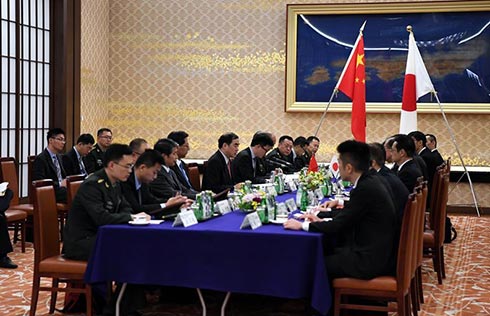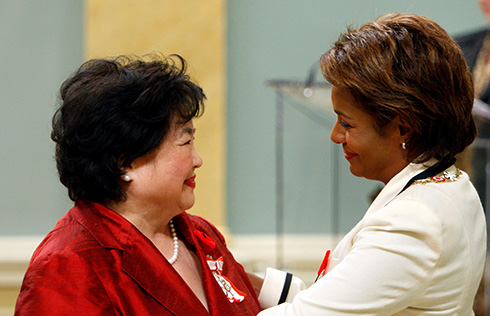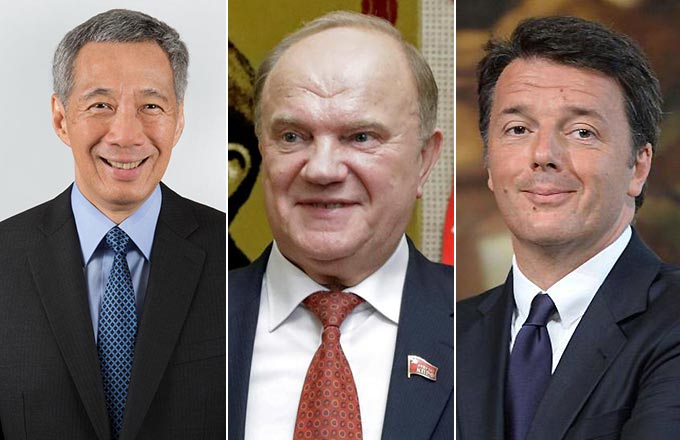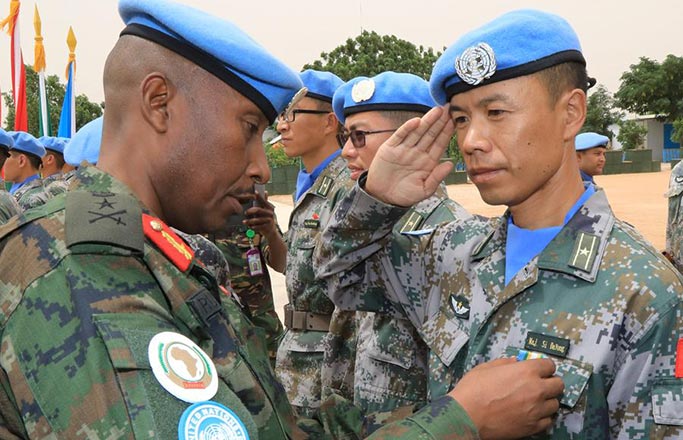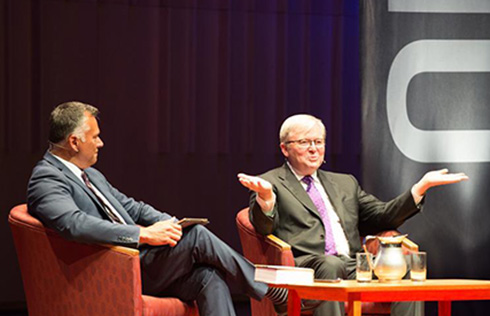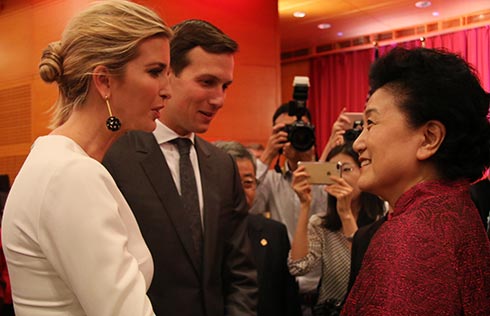FM responds to Manila's S. China Sea accusations
Foreign Minister Wang Yi expounded on Tuesday on the solemn position of the Chinese government during the ASEAN Regional Forum Foreign Ministers' Meeting in Bandar Seri Begawan, Brunei, in response to the claim the Philippines made at the meeting that Huangyan Island and the Ren'ai Reef are "occupied".
Wang said that this meeting is not the proper venue to discuss specific cases in the South China Sea. However, since the Philippines brought it up, Wang said it is necessary to get the facts clear.
Wang reviewed the historical background of the South China Sea issue, emphasizing that China has solid historical and legal evidence supporting its position on the issue. This position has been upheld by successive Chinese governments and is widely supported by the Chinese people.
China has an unwavering resolve to uphold its sovereignty and maritime rights and interests. At the same time, China is committed to resolving the disputes through consultation and negotiation with the countries concerned. This is stipulated in the Declaration on the Conduct of Parties in the South China Sea (DOC) and is a commitment jointly made by China and ASEAN.
Wang pointed out that the situation in the South China Sea is generally stable and there is no problem with the freedom of navigation. During the foreign ministers' meeting, Wang and his ASEAN colleagues had an in-depth exchange of views on the South China Sea issue and increased mutual trust.
Ties not overshadowed
Wang said he and his ASEAN colleagues are of the view that China-ASEAN relations are multifaceted and cannot be defined by a single issue. He said they must not let a single issue overshadow the friendship and cooperation between the two sides. The South China Sea issue is not an issue between China and ASEAN. It is only an issue between China and a small number of Southeast Asian countries. China and ASEAN countries are fully and effectively implementing the DOC and have the full capacity to ensure peace and stability in the South China Sea.
Wang said he and his ASEAN colleagues agreed to hold the next round of Senior Officials' Meeting and Joint Working Group Meeting on the Implementation of the DOC in China this September to promote full and effective implementation of the DOC, hold consultations on how to advance a code of conduct within the framework of implementation of the DOC and gradually advance the process of the code of conduct on the basis of consensus.
Wang cited a large amount of facts and evidence to show that China has indisputable sovereignty over Huangyan Island and Ren'ai Reef, and stressed that it is fully justified for China to make necessary reaction to provocative activities.
Wang emphasized that bilateral disputes should be resolved through bilateral consultations. Should one choose to play up the issue on multilateral occasions, it will not help resolve the issue. Rather, it will harm bilateral relations and this is not in the interests of that country and its people.
Many foreign ministers fully recognized in their remarks the new progress China and ASEAN made in safeguarding stability in the South China Sea and pointed out that disputes in the South China Sea should be resolved through consultation and negotiation between the countries directly concerned. Parties should move forward the process of formulating the code of conduct within the framework of full and effective implementation of the DOC.
Some countries argued that outside forces and countries outside the region should not intervene in the disputes in the South China Sea and that the South China Sea issue should not be internationalized, otherwise it is not conducive to resolving the issue. ASEAN countries expressed their willingness to work with China to jointly uphold peace and stability in the region.





